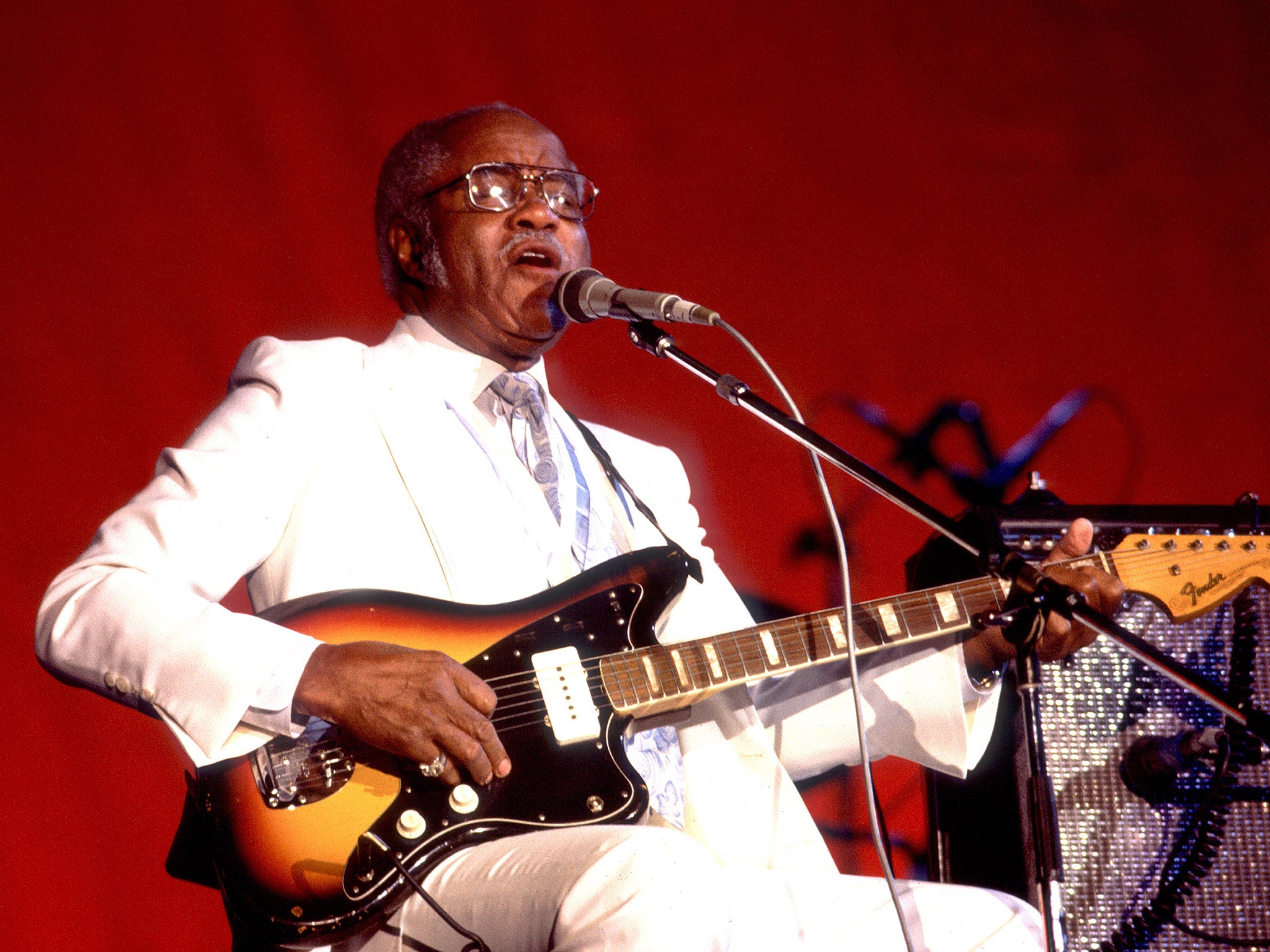Pops Staples, Don't Lose This - album review: This soulful family affair is a real find
Most of Pops’ material sticks to the familiar gospel themes of fellowship and striving with a few modern twists thrown in

Your support helps us to tell the story
From reproductive rights to climate change to Big Tech, The Independent is on the ground when the story is developing. Whether it's investigating the financials of Elon Musk's pro-Trump PAC or producing our latest documentary, 'The A Word', which shines a light on the American women fighting for reproductive rights, we know how important it is to parse out the facts from the messaging.
At such a critical moment in US history, we need reporters on the ground. Your donation allows us to keep sending journalists to speak to both sides of the story.
The Independent is trusted by Americans across the entire political spectrum. And unlike many other quality news outlets, we choose not to lock Americans out of our reporting and analysis with paywalls. We believe quality journalism should be available to everyone, paid for by those who can afford it.
Your support makes all the difference.The last recorded testament of Roebuck “Pops” Staples, Don’t Lose This remained a private family secret until his daughter Mavis remembered her father’s instruction, one time they were listening to it together.
That request constitutes the album’s title, now it’s finally been brought into the public domain courtesy of Mavis’s production alliance with Wilco’s Jeff Tweedy.
Save for adding a few bits of bass and guitar himself, and bringing in his own son Spencer on drums, Tweedy has adopted a hands-off approach to the recordings, leaving the focus firmly on Pops’ inimitable voice, with its subtle intimations of strength and nobility behind the apparent fragility, and the signature watery vibrato of his distinctive guitar style.
When it’s just Pops’ guitar and vocal alone, as on “Nobody’s Fault But Mine”, the result is a sort of gospel equivalent of Lightnin’ Hopkins’ extemporised country-blues style. But sometimes Mavis duets with her daddy, in that enigmatic reversal of the usual gender roles that characterised the Staple Singers, his balm-like tones emollient alongside her raw soulfulness on songs like “Sweet Home” and “Better Home”.
Elsewhere, Mavis and her siblings revive the sound and spirit of the Staple Singers, with the aural embodiment of the load-sharing offer extended in “Friendship” to a friend in need who “weigh[s] less than you think”.
Most of Pops’ material sticks to the familiar gospel themes of fellowship and striving. But a few modern twists are added through things like the mention of depression in “Somebody Was Watching”, and the uncharacteristically dismissive tone of “No News Is Good News”.
Save for the big live band arrangement of Dylan’s “Gotta Serve Somebody” that closes the album, it’s a thoughtful, intimate set that might more aptly have concluded with the penultimate family version of “Will the Circle Be Unbroken”, the very first song Pops taught his kids, the root of the Staple Singers.
Join our commenting forum
Join thought-provoking conversations, follow other Independent readers and see their replies
Comments